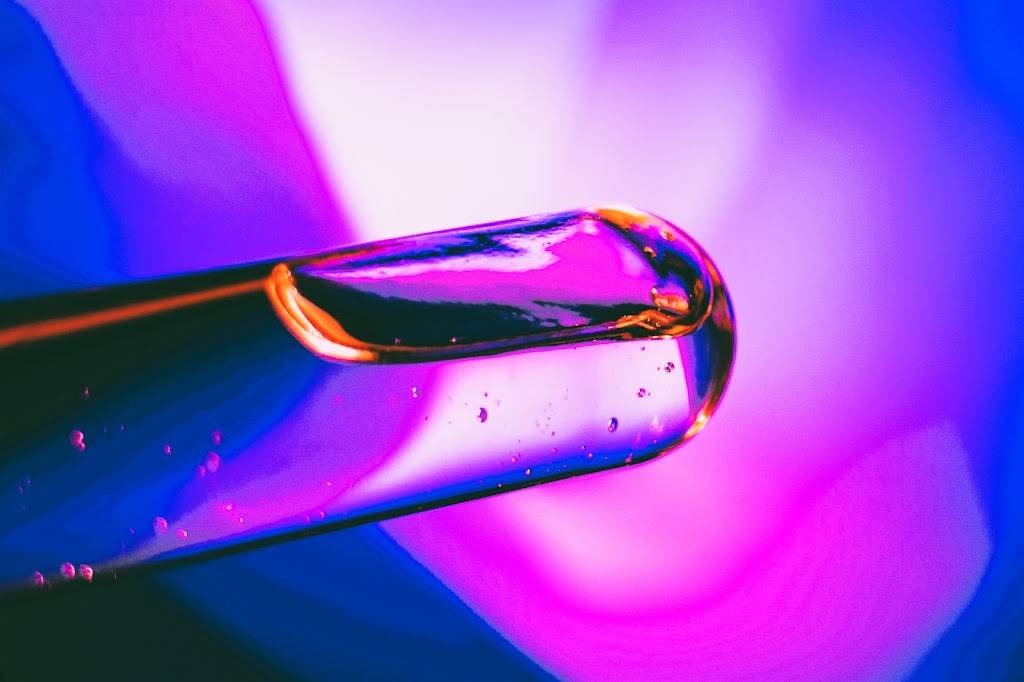When it comes to intimacy, the right lube can enhance the experience, making it smoother and more enjoyable. However, not all lubricants are created equal, and some contain ingredients that might not be the best choice for your body, especially in lesbian relationships where sensitivity and safety are paramount.
Understanding which ingredients to steer clear of and why water-based lubes are often the superior choice can help you make informed decisions for your sexual wellness.
Ingredients to Avoid in Lubricants
When selecting a lubricant, paying attention to its ingredients is crucial. Some substances can cause irritation, allergic reactions, or long-term health issues. Here are common culprits to avoid:
Glycerin: Though commonly used in lube for its slippery properties, glycerin can break down into sugars, potentially leading to yeast infections, which is particularly problematic in female intimate areas.
Parabens (methylparaben, propylparaben, butylparaben): Used as preservatives, parabens can mimic estrogen in the body, potentially disrupting hormone balance. They have been linked to reproductive issues and even breast cancer.
Propylene Glycol: This substance can irritate sensitive skin and mucous membranes, leading to discomfort during intimate moments.
Phenoxyethanol: Used as a preservative, phenoxyethanol can irritate the skin and eyes, and in severe cases, it may cause reproductive toxicity.
Petroleum or Mineral Oil: These ingredients can degrade latex condoms and sex toys, compromising their integrity and safety. Additionally, they can create a breeding ground for bacteria.
Why Water-Based Lube Is Often the Best Choice
While there are various types of lubricants available, including silicone-based, oil-based, and hybrid formulas, water-based lubes are widely regarded as the best option for most couples, especially in lesbian relationships. Here’s why:
Compatibility with Condoms and Toys: Water-based lubes are safe to use with all types of condoms and sex toys, including those made of silicone, without causing damage or degradation.
Easy to Clean: Unlike silicone or oil-based alternatives, water-based lubes can be easily cleaned off the skin and bed linens with water, making them a convenient choice.
Gentle on Sensitive Areas: Water-based lubricants are typically formulated to be gentle and non-irritating, making them ideal for those with sensitive skin or allergies.
Natural Feel: Many water-based lubes are designed to mimic the body’s natural lubrication, providing a smooth and natural feel during intimacy.
pH-Balanced: Some water-based lubes are specifically pH-balanced to match the natural pH of the vagina, helping to maintain a healthy vaginal environment and prevent irritation or infections.
Choosing the right lubricant is a key component of a healthy and enjoyable sexual experience. By avoiding harmful ingredients and opting for water-based lubes, you can ensure that your intimate moments are both pleasurable and safe. Always read labels carefully and consider your own body’s needs and sensitivities when selecting a lube. Remember, the best sexual experiences are those that prioritize comfort, safety, and pleasure for all involved.
